Find Help
More Items From Ergsy search
-
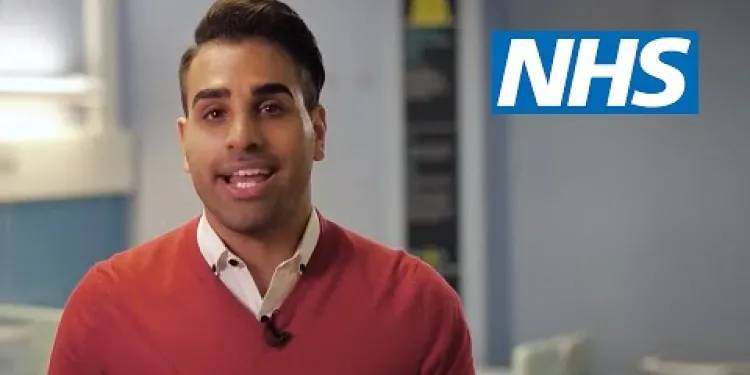
Caring for a child with fever | NHS
Relevance: 100%
-
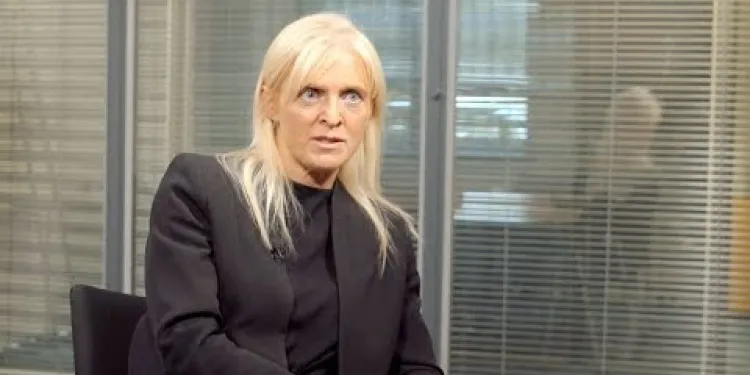
Child Care Proceedings | Family Law
Relevance: 63%
-
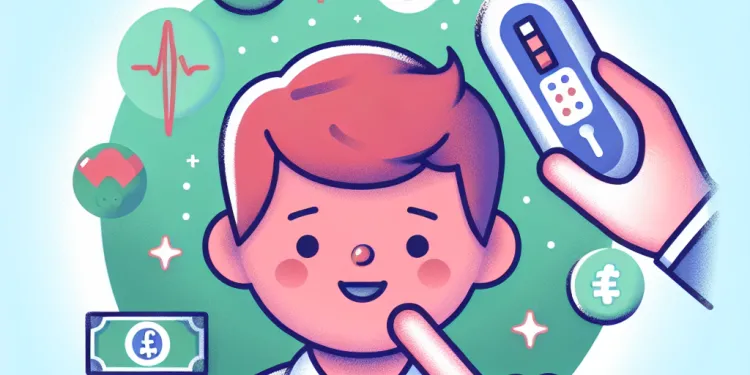
Which medication should be avoided for children with fevers?
Relevance: 53%
-
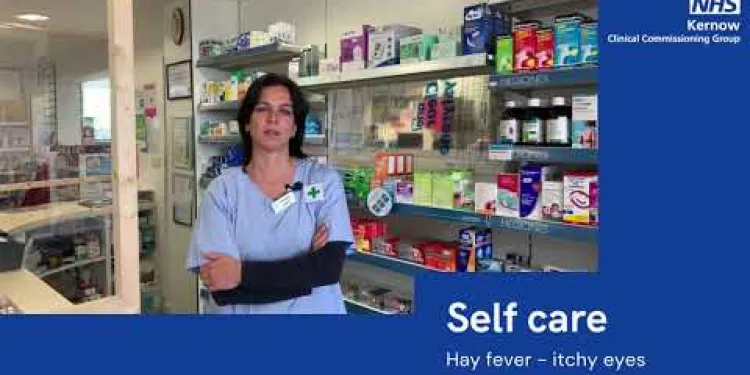
Self care - hay fever itchy eyes
Relevance: 53%
-
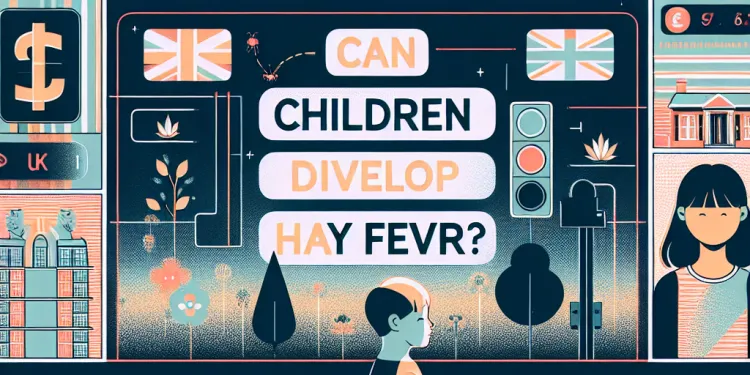
Can children develop hay fever?
Relevance: 52%
-
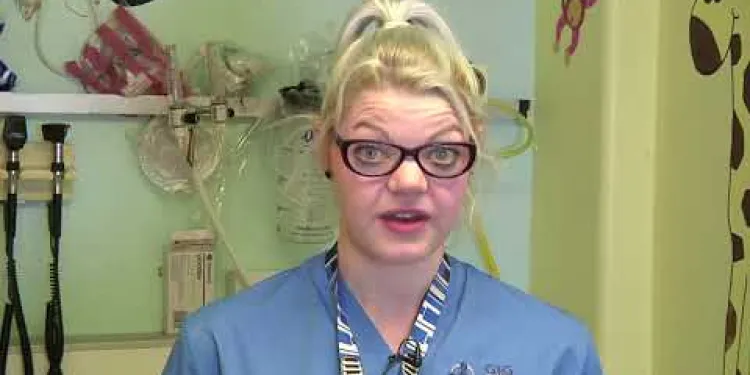
Advice if your child has... A High temperature
Relevance: 51%
-
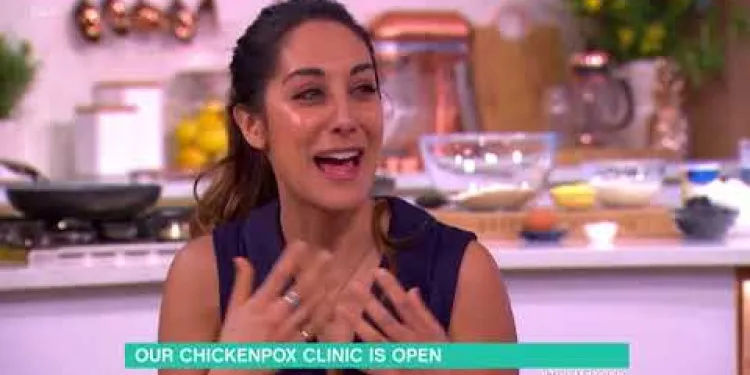
How to Keep a Child With Chickenpox Comfortable
Relevance: 48%
-

What is hay fever?
Relevance: 46%
-
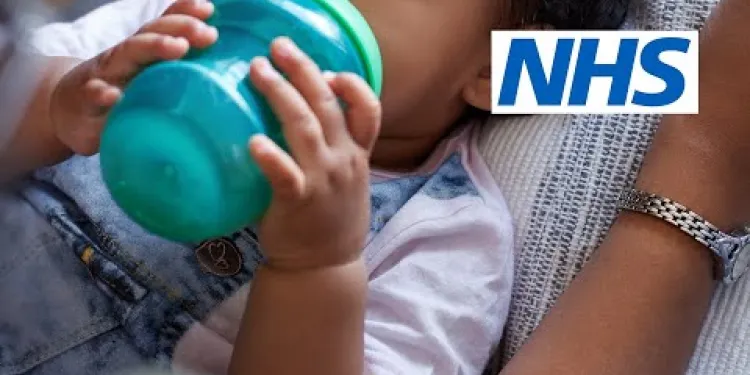
How do I treat my child's cold? (9 - 30 months) | NHS
Relevance: 46%
-
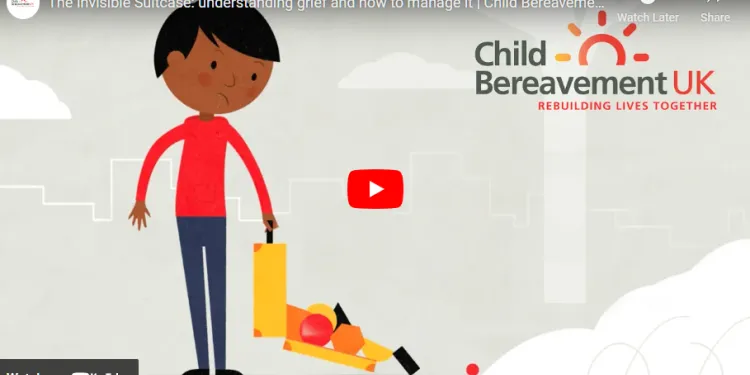
Child Bereavement
Relevance: 44%
-
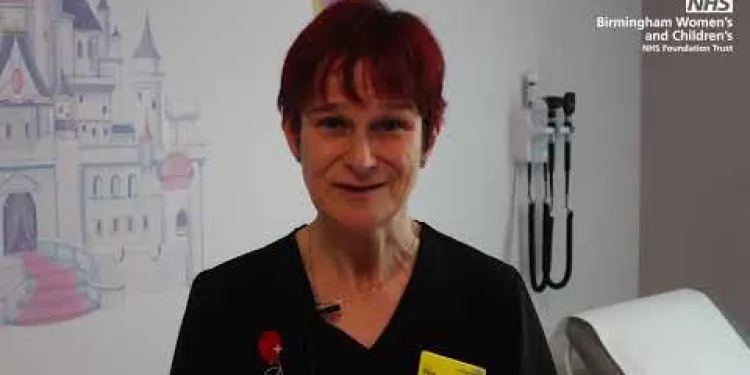
My child has vomiting and diarrhoea - what do I do?
Relevance: 44%
-

Do pets contribute to hay fever?
Relevance: 42%
-
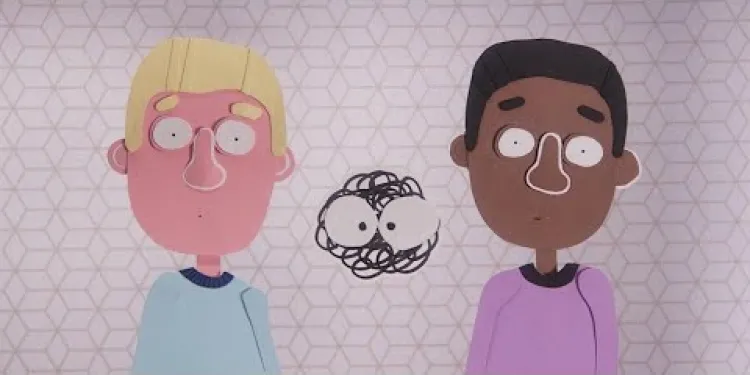
My Stammering Child
Relevance: 41%
-
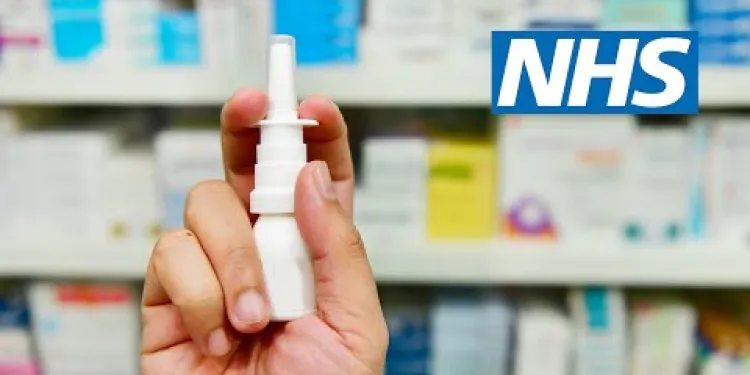
Hay fever advice | NHS
Relevance: 41%
-

Do masks help with hay fever?
Relevance: 41%
-

Can hay fever be prevented?
Relevance: 41%
-

Is screening painful or risky for my child?
Relevance: 41%
-
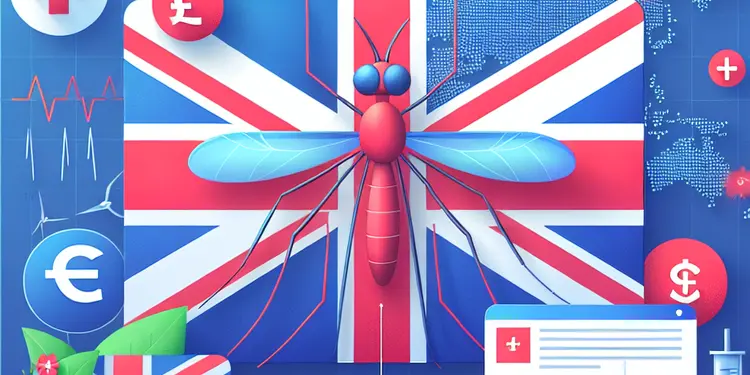
Can dengue fever be contracted in the UK?
Relevance: 40%
-
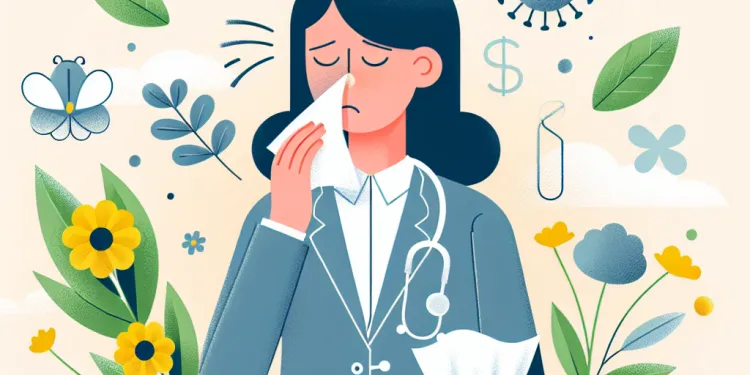
What are the common symptoms of hay fever?
Relevance: 40%
-
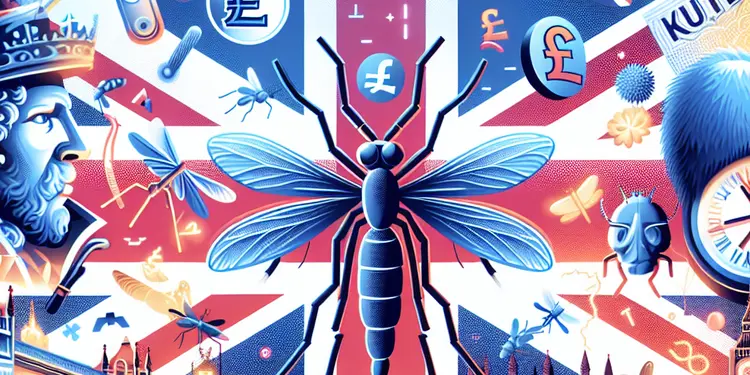
Is there a risk of yellow fever being spread by mosquitoes in the UK?
Relevance: 40%
-

Is there a link between hay fever and asthma?
Relevance: 40%
-
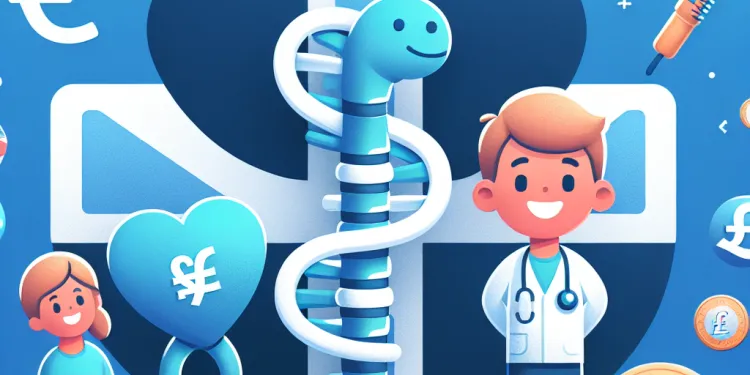
Can children benefit from chiropractic care?
Relevance: 40%
-
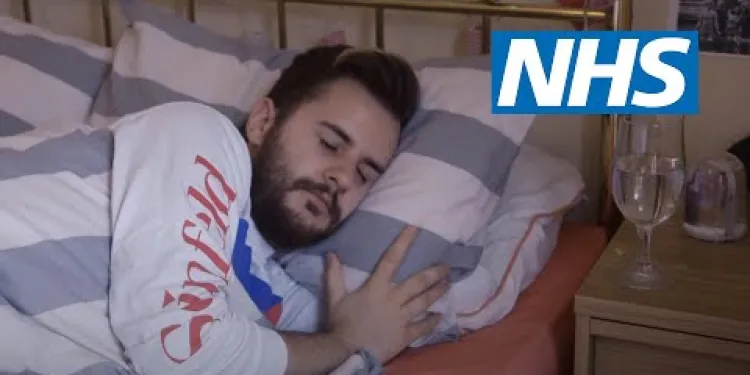
How to treat glandular fever | NHS
Relevance: 40%
-
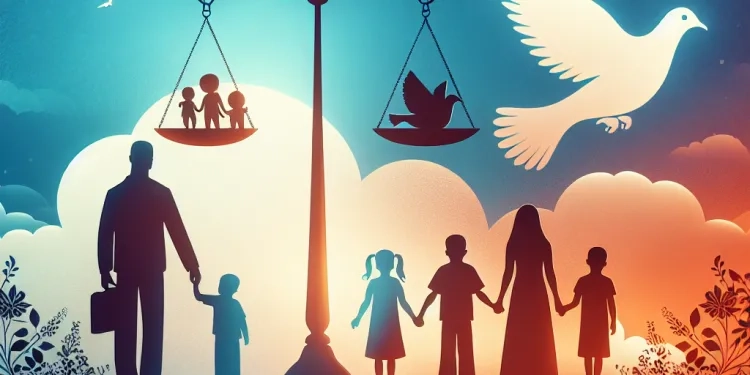
Navigating Child Custody Laws in the UK
Relevance: 40%
-

Can hay fever occur year-round?
Relevance: 39%
-
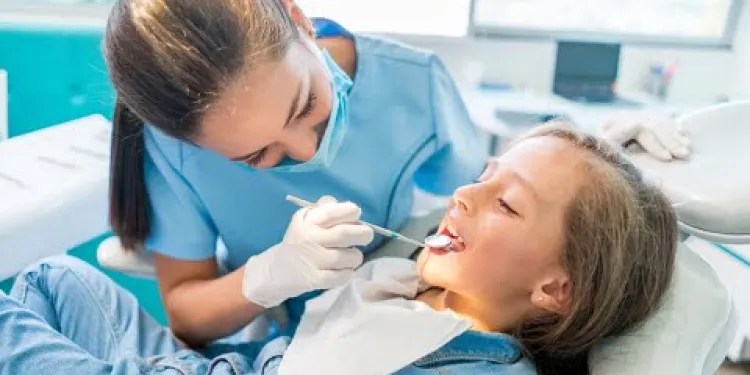
Can my child get braces on the NHS?
Relevance: 39%
-
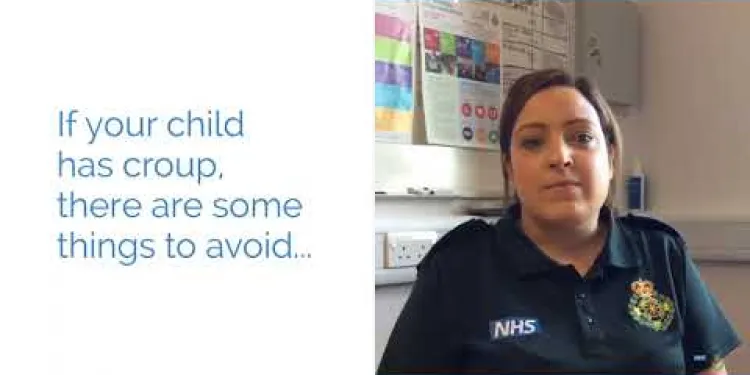
What to do when your child has... croup
Relevance: 39%
-

Are some people more prone to hay fever?
Relevance: 39%
-
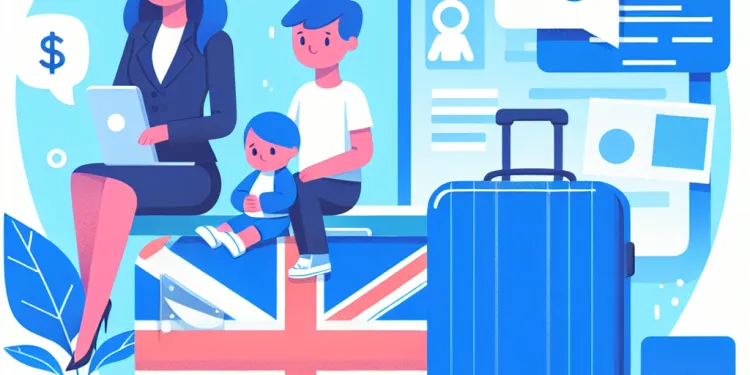
Navigating Child Custody and Visitation Rights in Modern UK
Relevance: 38%
-
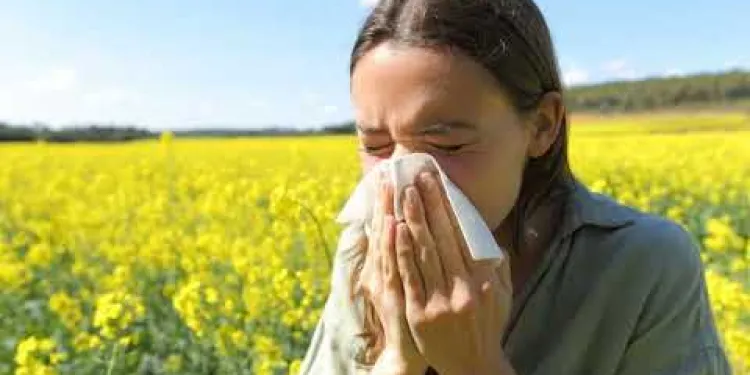
Antihistamines how they work with hay fever
Relevance: 38%
-

Is hay fever more common in urban areas?
Relevance: 38%
-
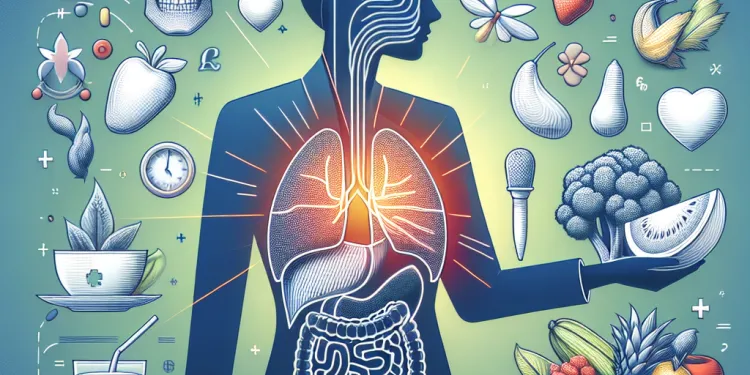
Can diet influence hay fever symptoms?
Relevance: 38%
-

Eczema - Your child's appointment | Dermatology | Paediatrics
Relevance: 38%
-
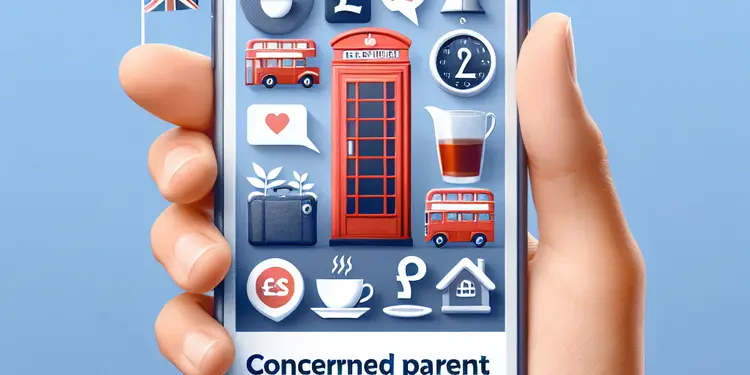
What should I do if I suspect my child is being groomed?
Relevance: 38%
-

Can hay fever symptoms mimic other conditions?
Relevance: 37%
-

Do all plants produce pollen that causes hay fever?
Relevance: 37%
-

How does pollen affect people with hay fever?
Relevance: 37%
-

What happens if my child's screening results are positive?
Relevance: 37%
-

Why are experts warning of rising hay fever cases?
Relevance: 37%
-
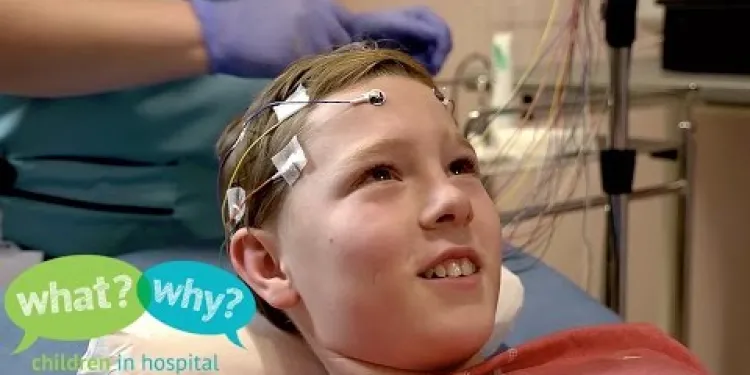
What happens when my child has an EEG?
Relevance: 36%
Caring for a Child with Fever | NHS
Understanding Fever in Children
Fever is a common response to infections and other illnesses, typically indicating that the body is fighting off an invader. While it can be concerning for parents, it's important to remember that fever itself is usually not harmful. In the UK, the NHS provides comprehensive guidelines on managing fever in children to ensure their safety and comfort.
Measuring Your Child's Temperature
To accurately assess your child's fever, use a digital thermometer. For infants under 5 years, measuring temperature under the arm (axillary) is recommended. For older children, you can also use ear (tympanic) thermometers. A fever is generally considered to be a temperature of 38°C (100.4°F) or higher. Always follow the manufacturer's instructions for proper usage.
Managing Fever at Home
Most fevers can be managed at home with simple care and monitoring. Here are some steps to follow:
- Keep Them Hydrated: Ensure your child drinks plenty of fluids such as water, fruit juice, or oral rehydration solutions to prevent dehydration.
- Dress Comfortably: Dress your child in lightweight clothing and avoid heavy blankets to help regulate body temperature.
- Medication: You can use children's paracetamol or ibuprofen to alleviate discomfort and reduce fever. Ensure you follow the dosing instructions based on their age and weight.
- Rest: Encourage your child to rest as much as possible to help their body fight off the infection.
When to Seek Medical Advice
While many fevers can be managed at home, certain symptoms may require professional medical attention. Contact your GP or NHS 111 if:
- Your child is under 3 months old with a temperature of 38°C (100.4°F) or higher.
- Your child is 3 to 6 months old with a temperature of 39°C (102.2°F) or higher.
- Fever persists for more than 5 days.
- Your child appears unusually drowsy, unresponsive, or irritable.
- They have difficulty breathing, persistent vomiting, or a rash that doesn't fade when pressed (non-blanching rash).
Preventing the Spread of Infection
Good hygiene practices can help prevent the spread of infections that cause fever. Teach children to wash their hands regularly, cover their mouth and nose when sneezing or coughing, and avoid close contact with sick individuals. Maintaining a clean environment also plays a crucial role in prevention.
By following these guidelines, you can effectively care for your child during a fever and ensure their health and well-being. Always remember that the NHS is here to provide support and information when you need it.
Caring for a Child with Fever | NHS
Understanding Fever in Children
Fever means your child's body is getting warm to fight germs. It can worry parents, but fever usually is not bad. In the UK, the NHS tells us how to care for kids with a fever to keep them safe and comfy.
Measuring Your Child's Temperature
To check your child's fever, use a digital thermometer. If your child is under 5 years, check under the arm for their temperature. For older kids, you can use an ear thermometer. A fever is a temperature of 38°C (100.4°F) or more. Follow the instructions on how to use the thermometer.
Managing Fever at Home
You can take care of most fevers at home. Here are some things you can do:
- Keep Them Hydrated: Make sure your child drinks a lot of water, fruit juice, or special drinks to stop dehydration.
- Dress Comfortably: Dress your child in light clothes and use light blankets so they do not get too hot.
- Medication: Give your child paracetamol or ibuprofen for kids to help them feel better. Check the label for the right amount to give your child.
- Rest: Let your child rest a lot. This helps their body fight the infection.
When to Seek Medical Advice
Sometimes, you might need to see a doctor. Call your GP or NHS 111 if:
- Your baby is under 3 months with a temperature of 38°C (100.4°F) or more.
- Your child is 3 to 6 months with a temperature of 39°C (102.2°F) or more.
- Fever lasts more than 5 days.
- Your child seems very sleepy, won't wake up, or is very cranky.
- Your child has trouble breathing, keeps throwing up, or has a rash that doesn’t disappear when you press it.
Preventing the Spread of Infection
Good hygiene can stop the spread of germs that cause fever. Teach children to wash their hands often, cover their mouth and nose when they sneeze or cough, and stay away from sick people. Keeping everything clean helps a lot too.
By doing these things, you can help your child feel better when they have a fever. The NHS is always ready to help you with advice and support if you need it.
Frequently Asked Questions
What is considered a fever in a child?
A fever is usually considered to be a temperature of 38°C (100.4°F) or higher.
How should I check my child's temperature?
You can check your child's temperature using a digital thermometer, armpit (axilla) thermometer, or ear (tympanic) thermometer. Avoid using mercury thermometers.
When should I be concerned about my child's fever?
If your child is under 3 months old and has a temperature of 38°C (100.4°F) or higher, or if your child is between 3 and 6 months old and has a temperature of 39°C (102.2°F) or higher, you should seek medical advice. Additionally, seek help if your child has other symptoms like a rash, difficulty breathing, or persistent vomiting.
What are some common causes of fever in children?
Common causes include infections such as colds, flu, ear infections, urinary tract infections, and other common childhood illnesses.
How can I help reduce my child's fever?
Ensure they rest, keep them hydrated, dress them in light clothing, and give them paracetamol or ibuprofen if they are distressed or unwell, following the dosage instructions.
Is it okay to give my child a cold bath to reduce fever?
No, do not give your child a cold bath as it can cause shivering, which may actually raise their body temperature further.
Can teething cause a fever?
Teething might cause a slight increase in temperature but it is unlikely to cause a significant fever of 38°C (100.4°F) or higher.
When should I seek immediate medical attention for my child’s fever?
Seek immediate medical attention if your child has a seizure, a purple or red rash, difficulty breathing, persistent vomiting, or signs of dehydration like crying without tears, a dry mouth, or fewer wet nappies than usual.
Should I use a fan to cool my child down?
Using a fan to gently circulate air can be comfortable, but do not aim it directly at your child to avoid making them too cold.
What should my child drink when they have a fever?
Encourage your child to drink plenty of fluids such as water, diluted juice, or oral rehydration solutions to prevent dehydration.
Can I alternate between paracetamol and ibuprofen to manage my child's fever?
It is generally best to stick to one medication, either paracetamol or ibuprofen, and follow the dosing guidelines. Consult with a healthcare professional before alternating medications.
What should I do if my child's fever doesn't go down with medication?
If your child's fever persists despite medication or they appear very unwell, seek medical advice from your GP or NHS 111.
How long will my child's fever last?
Most fevers caused by common infections will last 3-5 days. If the fever persists longer or if you are worried, contact your healthcare provider.
Should I keep my child away from school or nursery if they have a fever?
Yes, keep your child at home if they have a fever. They should return to school or nursery only once they are feeling better and have been fever-free for at least 24 hours.
Can vaccinations cause a fever?
Yes, it is common for children to develop a mild fever after vaccinations. This usually subsides within a couple of days. Follow your healthcare provider's advice on managing post-vaccination fever.
What is a fever in a child?
A fever means your child's body is too hot.
If your child's temperature is 100.4°F (38°C) or higher, they have a fever.
To check a fever, use a thermometer.
You can use a digital thermometer for an accurate reading.
A fever is when your body temperature is 38°C (100.4°F) or more.
How can I check my child's temperature?
To check your child's temperature, you can use a thermometer. A thermometer is a tool that tells you how hot or cold someone is.
Here are some tools you can use:
- Digital Thermometer: This is easy to use. You can put it under your child's tongue, or in their armpit, or in their ear. Follow the instructions on the thermometer.
- Forehead Thermometer: This one you use by placing it on your child's forehead. It's quick and easy!
- Ear Thermometer: This one goes in the ear. It is fast and works well when your child is awake.
Helpful tips:
- Make sure your child is calm and still when you take their temperature.
- Read the instructions that come with the thermometer.
- If the temperature is high (over 100°F or 37.8°C), you might need to call a doctor.
You can check your child's temperature using a digital thermometer, an armpit thermometer, or an ear thermometer. Do not use mercury thermometers.
When should I worry about my child's fever?
If your baby is less than 3 months old and has a fever of 38°C (100.4°F) or more, you should talk to a doctor. If your baby is between 3 and 6 months old and has a fever of 39°C (102.2°F) or more, you should also talk to a doctor. You should get help if your child has other problems like a skin rash, trouble breathing, or keeps throwing up.
What can make kids have a fever?
Common illnesses happen because of things like colds, flu, ear infections, and urine infections. Kids often get these kinds of sicknesses.
How can I help bring down my child's fever?
When your child is hot, they may have a fever. Here are some ways you can help:
- Give them water: Make sure your child drinks lots of water to stay cool and hydrated.
- Dress lightly: Put your child in light clothes so they don't get too hot.
- Use a cool cloth: Put a cool, damp cloth on their forehead to help them feel better.
- Medicine: You can give them medicine that helps with fever, like children's paracetamol, if needed. Always read the bottle or ask a doctor first.
- Rest: Let your child rest. They need sleep to get better.
If your child's fever doesn't go away or they seem very sick, call a doctor.
Make sure they get plenty of rest. Give them lots of water to drink. Dress them in light clothes. If they feel upset or sick, you can give them medicine like paracetamol or ibuprofen. Follow the instructions for how much to give.
Can I give my child a cool bath to help with a fever?
If your child feels hot because they have a fever, you might think about a cool bath. But, a bath that's too cold is not a good idea. It might make them shiver and feel worse.
Instead, you can try:
- Giving them a lukewarm bath. This means the water is warm, but not hot.
- Offering plenty of water to drink. This keeps them from getting too thirsty.
- Letting them rest in comfortable clothes.
If you are worried, it is always best to talk to a doctor or nurse. They can give you the best advice for your child.
No, do not give your child a cold bath. It can make them shiver, which might make their body even hotter.
Can babies get a fever when they are teething?
When babies are teething, they might feel a bit hot, but it is not usually a fever. A fever is when the body temperature is very high. If the baby feels very hot, it is good to check their temperature. You can use a thermometer to do this.
If you think the baby has a fever, you can talk to a doctor or nurse. They can help you find out what to do. You can also use apps like BabySparks, which have tips for baby health.
When babies are teething, they might get a little warmer. But it's not common for them to get a high fever like 38°C (100.4°F) or more.
When should I call the doctor right away for my child's fever?
Get help from a doctor right away if your child has a seizure, purple or red spots on their skin, trouble breathing, keeps throwing up, or shows signs of not having enough water in their body. Signs include crying without tears, a dry mouth, or not having as many wet nappies as usual.
Can I use a fan to keep my child cool?
A fan can help the air move around and feel nice. But don't point the fan right at your child, so they don't get too cold.
What can my child drink if they have a fever?
Does your child have a fever? Here is what they can drink:
- Water: Give them water to keep them hydrated.
- Juice: Offer some juice for extra vitamins.
- Soup: Warm soup can be good and soothing.
These drinks help your child feel better. Make sure they drink a little at a time, but often.
Make sure your child drinks lots of liquids. They can have water, watered-down juice, or special drinks that stop them from getting too dry. This will keep them healthy and strong.
Can I give my child paracetamol and then ibuprofen for a fever?
If your child has a fever, you might think about giving them medicine. You can give paracetamol and ibuprofen, but not at the same time.
It is best to speak to a doctor or nurse before you start. A doctor or nurse can help you know when to give each medicine.
Here are some simple tips:
- Write down when you give medicine to your child.
- Do not give more than what the medicine bottle says.
- Use a timer or alarm to remember when to give the next medicine.
Ask a grown-up you trust to help you with the medicine, if you need it.
It is usually best to use just one medicine, like paracetamol or ibuprofen. Follow the instructions for the medicine. Talk to a doctor or nurse before switching between different medicines.
What to do if my child's fever won't go away with medicine?
If your child's fever doesn't get better after taking medicine, here is what you can do:
- Make sure they drink lots of water.
- Keep them cool with light clothes.
- Use a damp cloth to gently cool their forehead.
- Call the doctor if the fever stays high.
It's always good to have a thermometer to check their temperature. If you are worried, talk to a healthcare expert.
If your child's fever does not go away after taking medicine, or if they look very sick, talk to a doctor. You can call your family doctor (GP) or NHS 111 for help.
How long will my child be sick with a fever?
Most fevers from common bugs last 3-5 days. If the fever lasts longer or if you are worried, talk to your doctor.
Should I keep my child home from school if they have a fever?
If your child is sick with a fever, it is a good idea to keep them home from school or nursery. A fever means your child is not feeling well and needs to rest.
Keeping your child home helps them get better and stops other kids from getting sick too.
If you're not sure what to do, you can talk to a doctor or nurse. They can help you decide.
If your child has a fever, keep them at home. They should go back to school or nursery only when they feel better and have not had a fever for at least one whole day.
Can vaccinations make you have a fever?
Vaccinations can sometimes make your body feel warm. This is called a fever.
A fever is a sign that the vaccination is working. It's normal and usually goes away on its own.
If you feel worried, you can:
- Talk to an adult you trust
- Use a thermometer to check your temperature
- Drink plenty of water
- Rest if you feel tired
Always ask a doctor if you have questions about vaccinations.
Yes, kids can get a little sick with a mild fever after they get their shots. This is normal and usually goes away in a few days. Listen to your doctor about how to help with the fever after shots. You can also use a cool cloth on the forehead and make sure your child drinks plenty of water. If you have any worries, call your doctor.
Useful Links
This website offers general information and is not a substitute for professional advice.
Always seek guidance from qualified professionals.
If you have any medical concerns or need urgent help, contact a healthcare professional or emergency services immediately.
Some of this content was generated with AI assistance. We’ve done our best to keep it accurate, helpful, and human-friendly.
- Ergsy carfully checks the information in the videos we provide here.
- Videos shown by Youtube after a video has completed, have NOT been reviewed by ERGSY.
- To view, click the arrow in centre of video.
- Most of the videos you find here will have subtitles and/or closed captions available.
- You may need to turn these on, and choose your preferred language.
- Go to the video you'd like to watch.
- If closed captions (CC) are available, settings will be visible on the bottom right of the video player.
- To turn on Captions, click settings .
- To turn off Captions, click settings again.
More Items From Ergsy search
-

Caring for a child with fever | NHS
Relevance: 100%
-

Child Care Proceedings | Family Law
Relevance: 63%
-

Which medication should be avoided for children with fevers?
Relevance: 53%
-

Self care - hay fever itchy eyes
Relevance: 53%
-

Can children develop hay fever?
Relevance: 52%
-

Advice if your child has... A High temperature
Relevance: 51%
-

How to Keep a Child With Chickenpox Comfortable
Relevance: 48%
-

What is hay fever?
Relevance: 46%
-

How do I treat my child's cold? (9 - 30 months) | NHS
Relevance: 46%
-

Child Bereavement
Relevance: 44%
-

My child has vomiting and diarrhoea - what do I do?
Relevance: 44%
-

Do pets contribute to hay fever?
Relevance: 42%
-

My Stammering Child
Relevance: 41%
-

Hay fever advice | NHS
Relevance: 41%
-

Do masks help with hay fever?
Relevance: 41%
-

Can hay fever be prevented?
Relevance: 41%
-

Is screening painful or risky for my child?
Relevance: 41%
-

Can dengue fever be contracted in the UK?
Relevance: 40%
-

What are the common symptoms of hay fever?
Relevance: 40%
-

Is there a risk of yellow fever being spread by mosquitoes in the UK?
Relevance: 40%
-

Is there a link between hay fever and asthma?
Relevance: 40%
-

Can children benefit from chiropractic care?
Relevance: 40%
-

How to treat glandular fever | NHS
Relevance: 40%
-

Navigating Child Custody Laws in the UK
Relevance: 40%
-

Can hay fever occur year-round?
Relevance: 39%
-

Can my child get braces on the NHS?
Relevance: 39%
-

What to do when your child has... croup
Relevance: 39%
-

Are some people more prone to hay fever?
Relevance: 39%
-

Navigating Child Custody and Visitation Rights in Modern UK
Relevance: 38%
-

Antihistamines how they work with hay fever
Relevance: 38%
-

Is hay fever more common in urban areas?
Relevance: 38%
-

Can diet influence hay fever symptoms?
Relevance: 38%
-

Eczema - Your child's appointment | Dermatology | Paediatrics
Relevance: 38%
-

What should I do if I suspect my child is being groomed?
Relevance: 38%
-

Can hay fever symptoms mimic other conditions?
Relevance: 37%
-

Do all plants produce pollen that causes hay fever?
Relevance: 37%
-

How does pollen affect people with hay fever?
Relevance: 37%
-

What happens if my child's screening results are positive?
Relevance: 37%
-

Why are experts warning of rising hay fever cases?
Relevance: 37%
-

What happens when my child has an EEG?
Relevance: 36%


